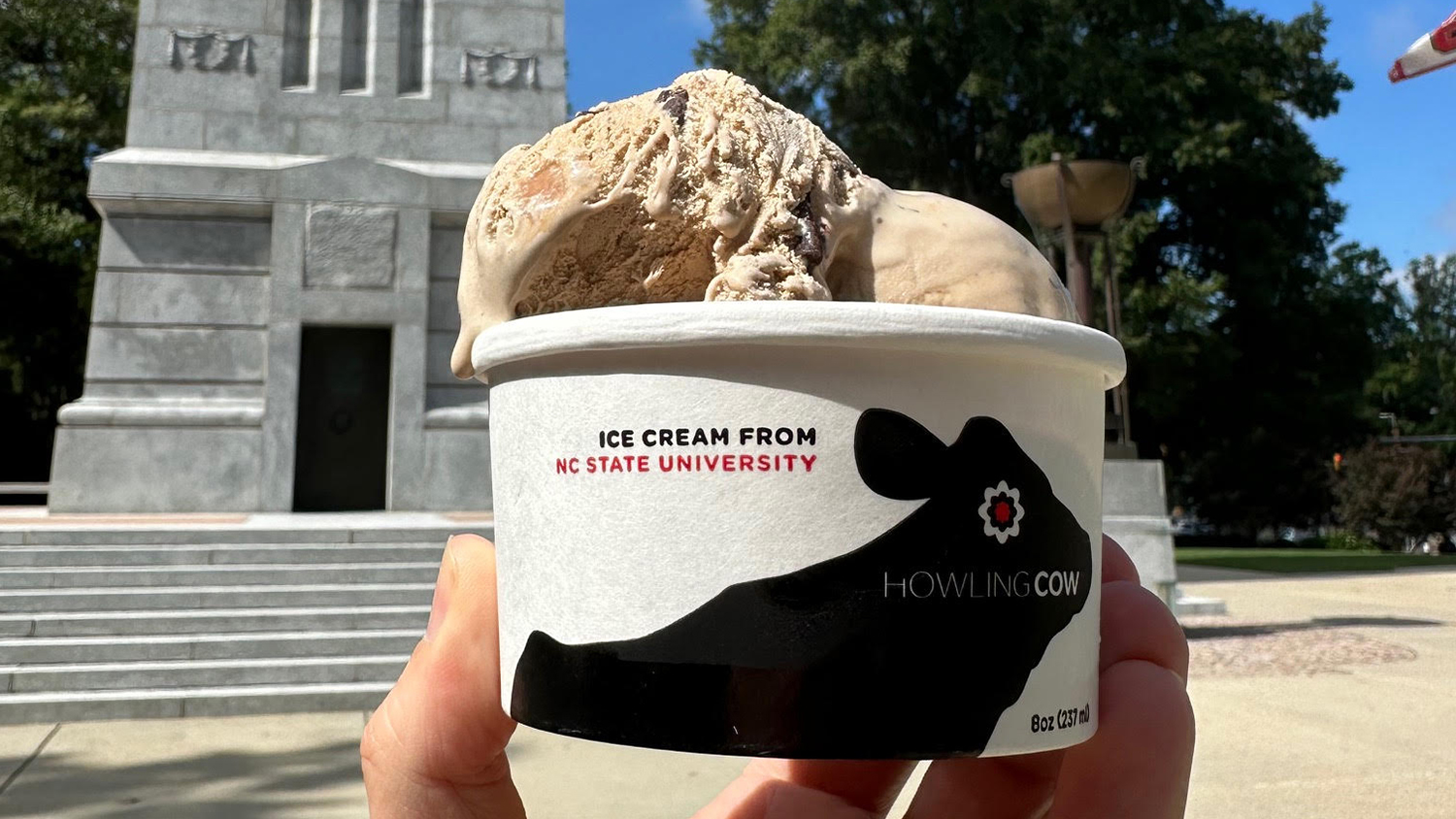NC State faculty fulfill the university’s land-grant mission through teaching, scholarship, service and research. They can make their voice heard by participating in the 2024 Collaborative on Academic Careers in High Education (COACHE) Faculty Satisfaction Survey before it closes the week of April 1. Each cycle of the tri-annual COACHE survey allows them to provide feedback that helps move the university forward and improve the overall faculty experience.
“The survey provides valuable information about areas of strength and for improvement from the perspective of the faculty,” said Kim Grainger, associate vice provost for academic personnel and policy. “It acts as a pulse-check about various areas and draws attention to areas where follow-up is needed.”
The Importance of Faculty Participation
All NC State faculty should have received a survey link via email from COACHE in February. The survey closes the week of April 1, and while the survey is open, COACHE will send up to five email reminders to non-respondents. Higher participation in the survey means that the data collected will better reflect various faculty experiences, ensuring that the results are more representative and actionable. More information on the survey, including frequently asked questions, is available on NC State’s COACHE website. You can also check current college/unit response rates for the 2024 survey. As of March 14, the Libraries are leading with a 67 percent response rate and University College is next with 36 percent.
The COACHE survey can help identify existing barriers or challenges that may hinder the recruitment, retention and advancement of faculty members. By understanding these obstacles, NC State can implement targeted initiatives and policies to foster a more inclusive environment where all individuals feel valued and supported.
“Faculty are encouraged to participate in the COACHE survey because their input provides valuable insights into the strengths and challenges of the academic environment at NC State,” said Jai Jackson, interim associate vice provost for inclusive excellence and strategic practice.
“Faculty involvement in the survey is essential for fostering a collaborative and supportive academic community where faculty members feel valued, respected and empowered to thrive professionally.”
Additionally, faculty participation demonstrates a commitment to shared governance and continuous improvement within the institution. It allows faculty members to have a direct impact on shaping the future direction of NC State and ensures that their voices are heard in decision-making processes.
About the Survey
The national COACHE Faculty Satisfaction survey is developed and administered by the Graduate School of Education at Harvard University. The survey, distributed to NC State faculty every three years, is a comprehensive, confidential assessment tool that gauges satisfaction and engagement among tenured/tenure-track and professional-track faculty on a broad range of work-related experiences.
Survey results provide benchmarks against institutional peers, as well as comparisons between groups of faculty at NC State and trends over time. Results inform university leaders of trends and issues involving faculty satisfaction, with the data generated providing justification and evidence for updating policies and implementing initiatives.
Compiling and Using the Survey Results
Results are broken out by various groups, including by gender, race, tenure track status, rank, and other factors. College deans are provided with a report on the aggregate results for their college, and can see how their results compare to those from other colleges.
“If you are interested in how professional track faculty compare in their responses to faculty on the tenure track, or how pre-tenured faculty compare to tenured faculty, there is a report for that. Suppose you are interested in a topical area, such as perceptions about mentoring, interdisciplinary work or the clarity of the tenure process, there are reports for that,” said Nancy Whelchel, assistant vice provost for institutional survey research and analysis. “We post all the results on the Institutional Strategy and Analysis website, and we also give presentations to groups across campus.”
COACHE survey results play a crucial role in improving the faculty experience at NC State. The data generated by the survey inform policy updates and new initiatives. For example, the Provost’s Office has used past survey results to support an increased focus on mentorship for faculty, as well as a collaborative effort to develop learning communities and affinity groups as a means for strengthening relationships between faculty across campus. And the list goes on.
Strategy and Analysis
COACHE is a comprehensive survey that NC State has participated in since 2005. Similarly, NC State’s strategic plans are comprehensive, long-range endeavors.
“That makes COACHE survey items excellent candidates for use as strategic plan metrics,” said Courtney Thornton, associate vice provost for strategy, implementation and communication. “COACHE results point to areas of institutional strength and needed improvement. Over time, COACHE results may indicate where intentional institutional efforts to improve the faculty experience are making a difference.”
Eight different COACHE items serve as Wolfpack 2030 strategic plan metrics. They include faculty satisfaction with university support to improve teaching, research support and facilities for interdisciplinary work, and recognition for outreach. Other items address the faculty’s assessment of leadership support for diversity and their pride in working at NC State.
What’s Next
Once the survey closes the week of April 1, COACHE will prepare reports on results to distribute to participating universities in mid-summer 2024 (read more about survey trends here). In fall 2024, Institutional Strategy and Analysis and the NC State COACHE advisory committee will share reports on survey results with the campus community.
- Categories:



